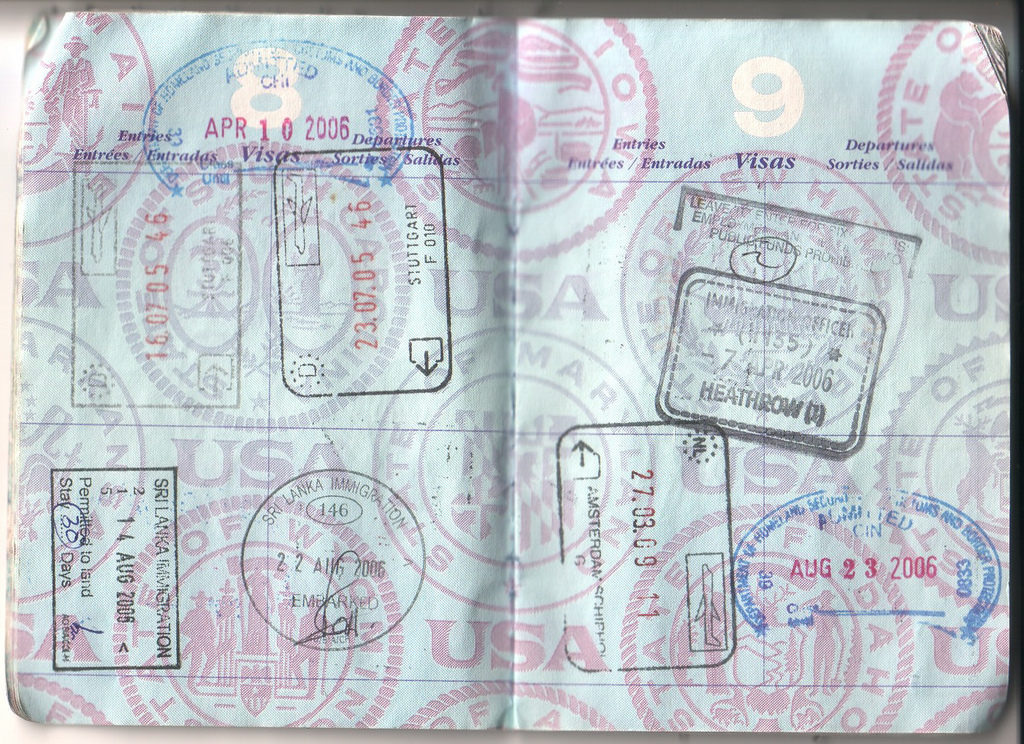
Rich Bowen/Via Flickr
Global citizenship, defined as the awareness of other cultures and contributing and working towards community improvements, is a primary characteristic of 21st century learning. Learning through experience is undoubtedly the most thorough way to partake in the global citizenship movement. The communal benefits of global citizenship are often clear—less obvious, however, are the individual benefits to be gleaned from this newfound global awareness.
Such skills as problem solving, communication and collaboration, and cross-cultural awareness are all relevant individual benefits to the global era in which we now live. Through experiences like an EF educational travel tour, students can start on the road towards global citizenship.
Critical thinking and problem solving:
Problem solving is an important 21st century skill as the issues the world faces grow in scale. Critically thinking about the world’s problems is imperative; inductive and deductive reasoning and analyzing how elements interact with each other can help produce an innovative solution. This type of originality and dynamic method of thought is fundamental to the process of attaining global citizenship because actively participating in the world and working towards progress is the definitive goal of global awareness. Through travel, it is possible to observe the world and its problems—and, most importantly, explore and begin to build the most effective solutions.
Community and collaboration:
Through social media sites we have already begun to engage and experience a global citizenship education. A true global citizen, however, uses this sense of community to improve the world around them. Communication is not only a crucial skill for a global citizen to possess, but it is also an important life skill, as well. Through international travel, and open collaboration with new people from varying backgrounds, cultures, languages, and values, student travelers are able to improve their verbal and nonverbal communication tactics in a variety of contexts. In turn, this increases their ability to work with a diverse range of people to solve a problem and exercise flexibility. Collaborative work is vital to problem solving—enacting change in the international arena requires a number of people from different cultures sharing a common goal and using their unique backgrounds to cultivate solutions.
Technology skills:
The 21st century is marked by the pervasiveness of technology and abundance of media and information. To effectively foster change and function in the 21st century, people must be able to determine how to best use these information technologies. By traveling and seeing the world firsthand on any of our popular tours, young people are encouraged to develop their own perspective on the world, enabling them to become active users of media rather than passive recipients. Evaluating information critically promotes individuality, and through that the development of new ideas—just one of the many benefits of global citizenship.
Adaptability:
Adaptability is one of those qualities that any world traveler will learn. When traveling, nothing ever goes perfectly. There are always challenges, whether it is a language barrier, getting lost in an unfamiliar place, or flight delays. The ability to adjust to changing circumstances and deal with obstacles is invaluable to a global citizen. Without this important characteristic, problems would never get solved because of the difficulties involved. A true global citizen often learns adaptability from their travels and keeps a positive attitude when the road gets rough.
Cross-cultural awareness:
Competence when communicating with other cultures is often challenging to learn but is necessary in order to become tolerant and empathetic with a wide range of people. Global citizens possess cross-cultural skills, meaning they understand that differing values, languages, and customs do not equate to differing goals for the world. Cultural immersion is undeniably acquired while traveling and coming into contact with people who are different from oneself. This allows travelers to identify with others, develop compassion, and learn how to work with others effectively and efficiently.
Now that you know just some of the benefits of global citizenship, browse some of our most popular tours so your students can become global citizens themselves.
Editor’s note (2020): This piece has been updated for clarity, accuracy, and relevance.
Related articles
